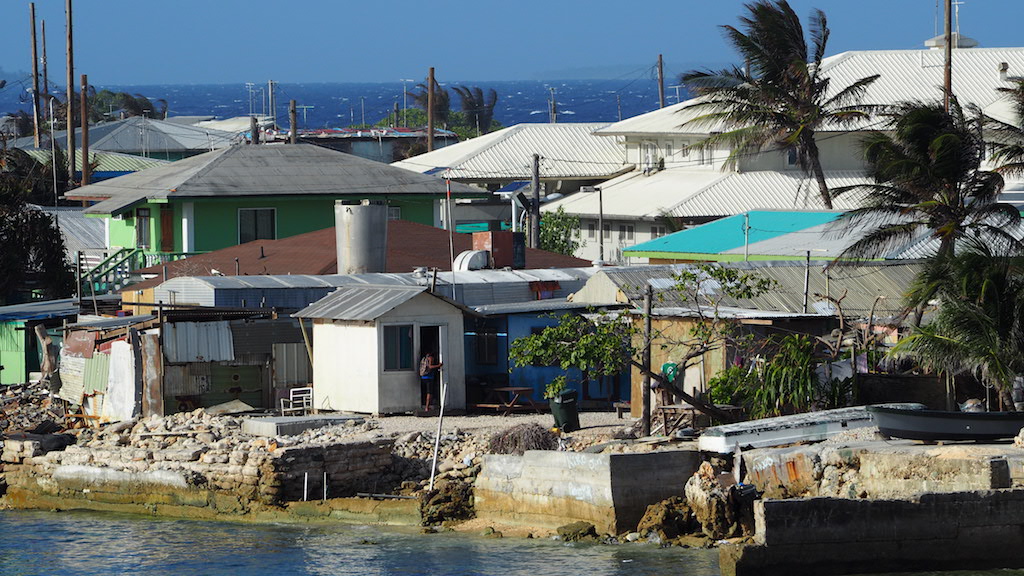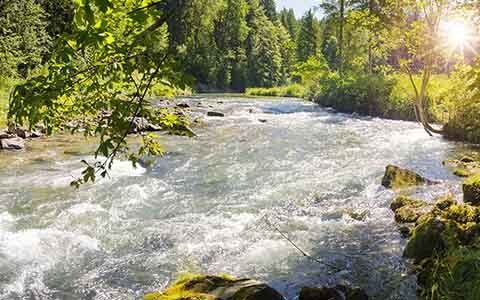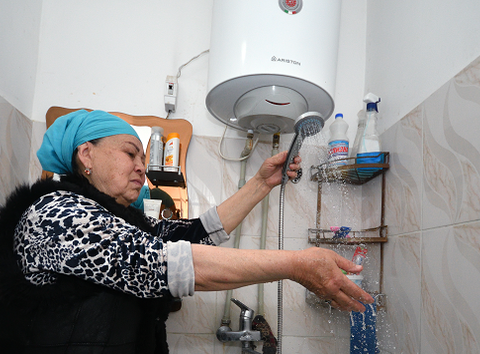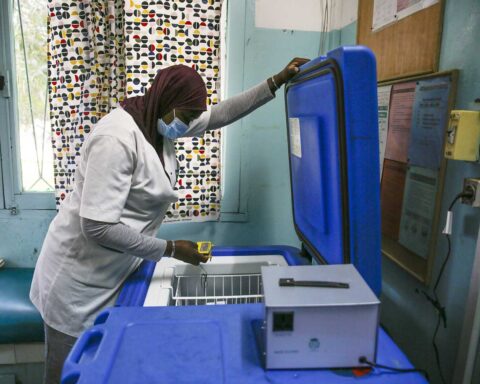“The additional financing sought by the government will strengthen the sustainability of the current Ebeye Water Supply and Sanitation Project and increase the project benefits,” said Principal Urban Development Specialist of ADB’s Pacific Regional Department Stephen Blaik. “The project will also help build awareness of basic hygiene practices to raise public health standards, which is critical during the COVID-19 pandemic.”
Ebeye is the second-largest urban center of the Marshall Islands. About 9,200 people live on 31 hectares of land, making it one of the most densely populated areas in the Pacific. Ebeye is also highly vulnerable to many waterborne diseases and other transmissible diseases, including COVID-19.
The overall project remains a high priority of the government. It is aligned with the Marshall Islands’ water and sanitation policy objectives, as articulated in its draft National Strategic Plan 2020–2030. The project also aligns with the operational priorities of ADB’s Strategy 2030: reducing remaining poverty and inequalities; accelerating progress in gender equality; tackling climate change, building climate and disaster resilience, and enhancing environmental sustainability; making cities more livable; and strengthening governance and institutional capacity.
The $3 million grant from ADB’s Special Funds Resources (Asian Development Fund) will help fund the project which is set to run until 2022.
On 28 September 2015, ADB approved a grant of $5 million from its Asian Development Fund and the administration of a grant of $4 million from the Government of Australia for the current project. The executing agency is the Office of the Chief Secretary, and the implementing agency is Kwajalein Atoll Joint Utilities Resources, Inc.
ADB is committed to achieving a prosperous, inclusive, resilient, and sustainable Asia and the Pacific, while sustaining its efforts to eradicate extreme poverty. Established in 1966, it is owned by 68 members—49 from the region.





